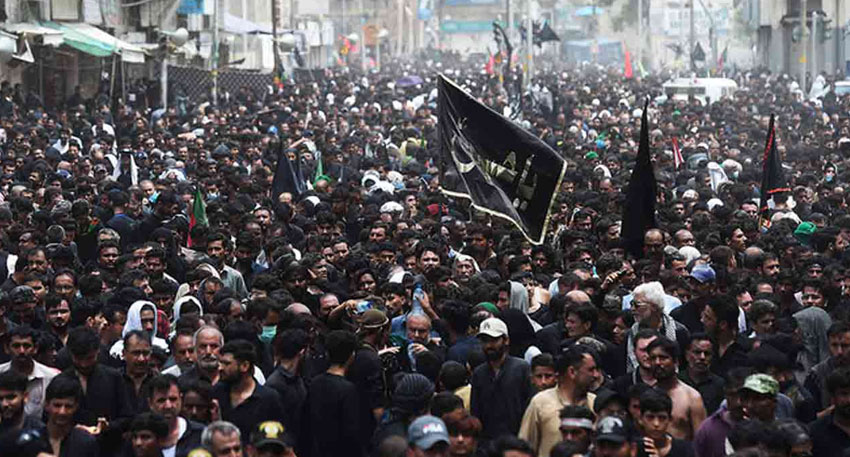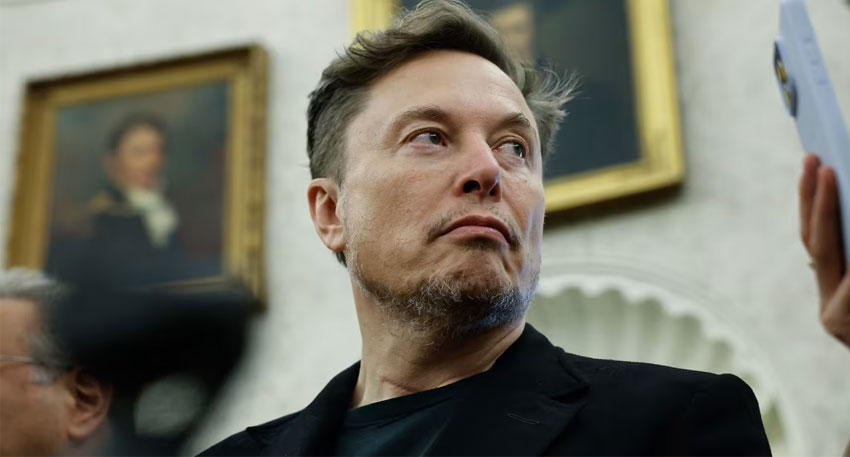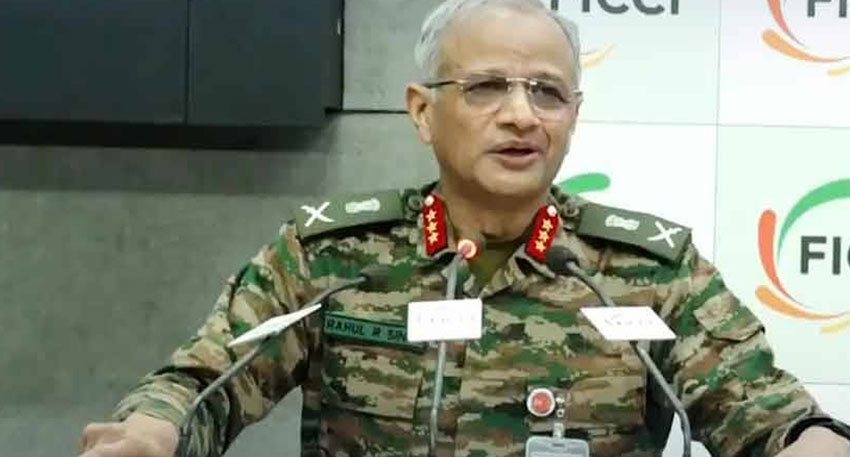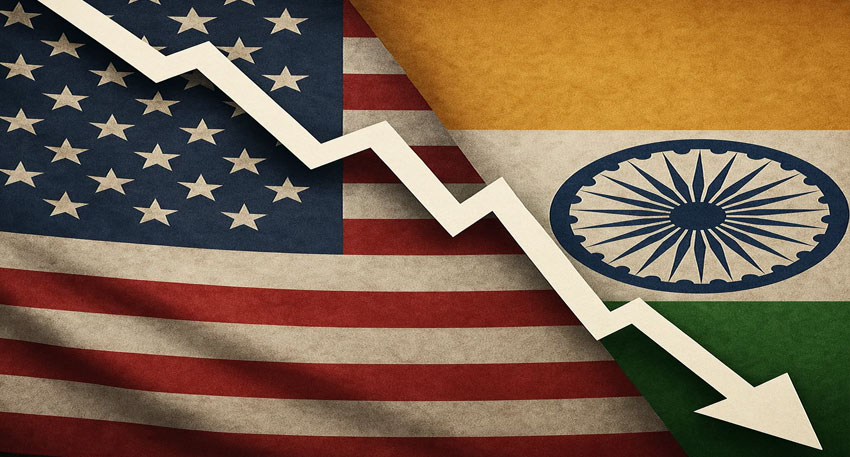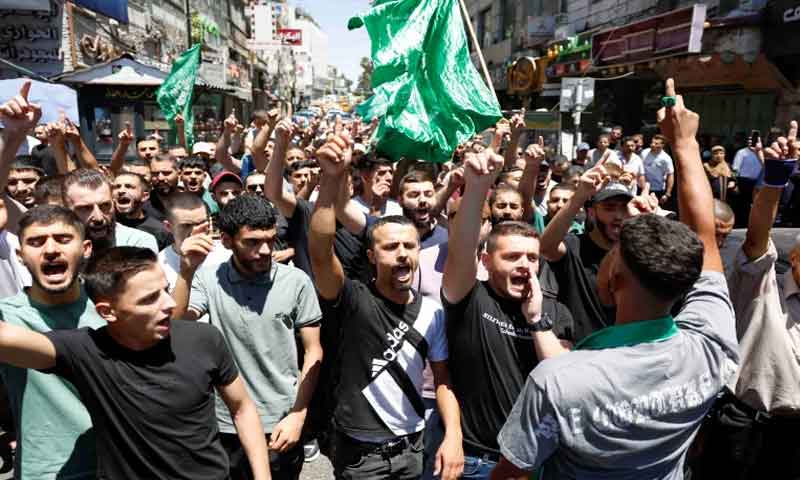
Hundreds of Palestinian demonstrators marched through Ramallah in the occupied West Bank in protest against the killing. They carried dozens of green Hamas flags and chanted, “The people want Qassam Brigades,” a reference to the group’s military wing.
pen support in Ramallah for Hamas is rare. Ramallah is the administrative capital of the occupied West Bank and is governed by the Fatah-dominated Palestinian Authority – long at odds with Hamas over the governance of the two Palestinian territories.
Also read: Avenging Ismail Haniyeh’s blood is Tehran’s duty: Khamenei
“This man could have signed the prisoner exchange deal with the Israelis,” said Saleh al-Shannar, who was displaced from his home in northern Gaza. “Why did they kill him? They killed peace, not Ismail Haniyeh.”
Nour Abu Salam, a displaced woman, said the killing shows Israel doesn’t want to end the war and establish peace in the region.
“By assassinating Haniyeh, they are destroying everything,” Al Jazeera quoted Salam as saying.
Who was Ismail Haniyeh
Also read: Reaction to killing of Hamas chief Ismail Haniyeh
Haniyeh, 62, has been killed in Iran’s capital, Tehran, shortly after attending the swearing-in ceremony of Iran’s newly elected president.
Fathi Nimer, Palestine policy fellow at Al-Shabaka – a global independent Palestinian think tank – says Palestinians will remember Haniyeh as “someone who was true to his origin”.
Having grown up as a refugee in Gaza, he lived the Palestinian experience – attending UNRWA schools and working to support his family, Nimer told Al Jazeera. Haniyeh “played integral parts in multiple milestones in Palestinian history”.
In the 2006 legislative elections, Haniyeh was nominated as Hamas’s top candidate for the legislative council, and after an electoral victory, he was appointed prime minister.
“To this day, Haniyeh remains the only Palestinian prime minister to reach that position through the popular mandate of the ballot box,” Nimer said. “He will be remembered as someone who was true to his origin, he practised what he preached, and his position never shielded him from the ravages of Israel’s siege and bombardment.
“His children and grandchildren were among the tens of thousands of victims of Israel’s genocide. He was assassinated like his predecessors, and it is possible that his successors might also face a similar fate. Yet it remains clear that decades of these assassinations were unable to thwart Palestinian resistance, and their capabilities continue to develop and tip the balance of power in the region.”

